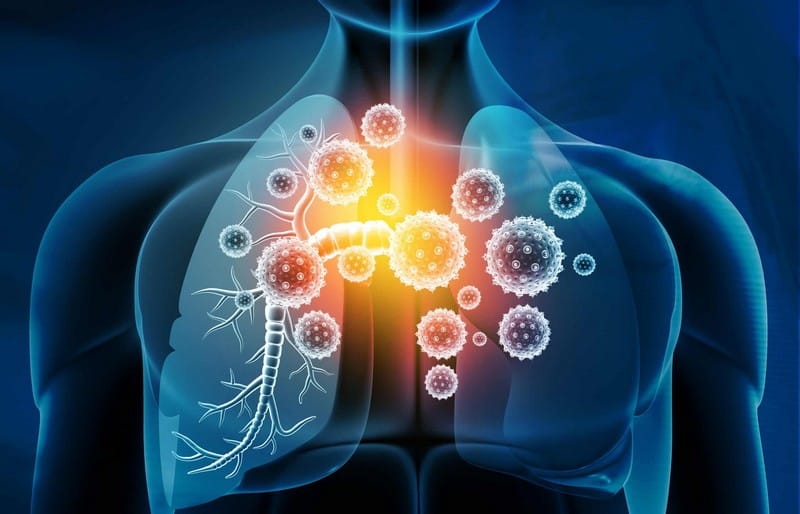Immunodeficiency Disorders

Compromised immune systems can also make an individual vulnerable to fungal infections like ringworms. Immunodeficiency disorders can keep the body from effectively combating diseases and infections, and they can be acquired or congenital. Every disorder will have chronic symptoms unique to itself. However, most people with weakened immune systems frequently have infections of specific conditions, including pink eye, sinus infection, thrush, colds, pneumonia, and yeast infection, to name a few.
Inherited mutations of the genes trigger primary immunodeficiency conditions. On the other hand, secondary ones can be brought about by different things, such as chronic conditions like cancer or diabetes, drugs, radiation therapy, long-term hospitalization, and insufficient nutrition. Because they’re hereditary, it’s not possible to prevent primary disorders from occurring. They can only be managed and treated. For secondary disorders, you can lower risk factors through healthy lifestyle choices.
Some practices that can help minimize the risks of developing secondary immunodeficiency diseases are proper hygiene, a healthy dietary regimen, and exercise. The treatment and management of these disorders generally depend on the type and severity of the condition. Therefore, it’s recommended to work with an immunologist to find the ideal approach for treating the disease, be it medication or surgery.










